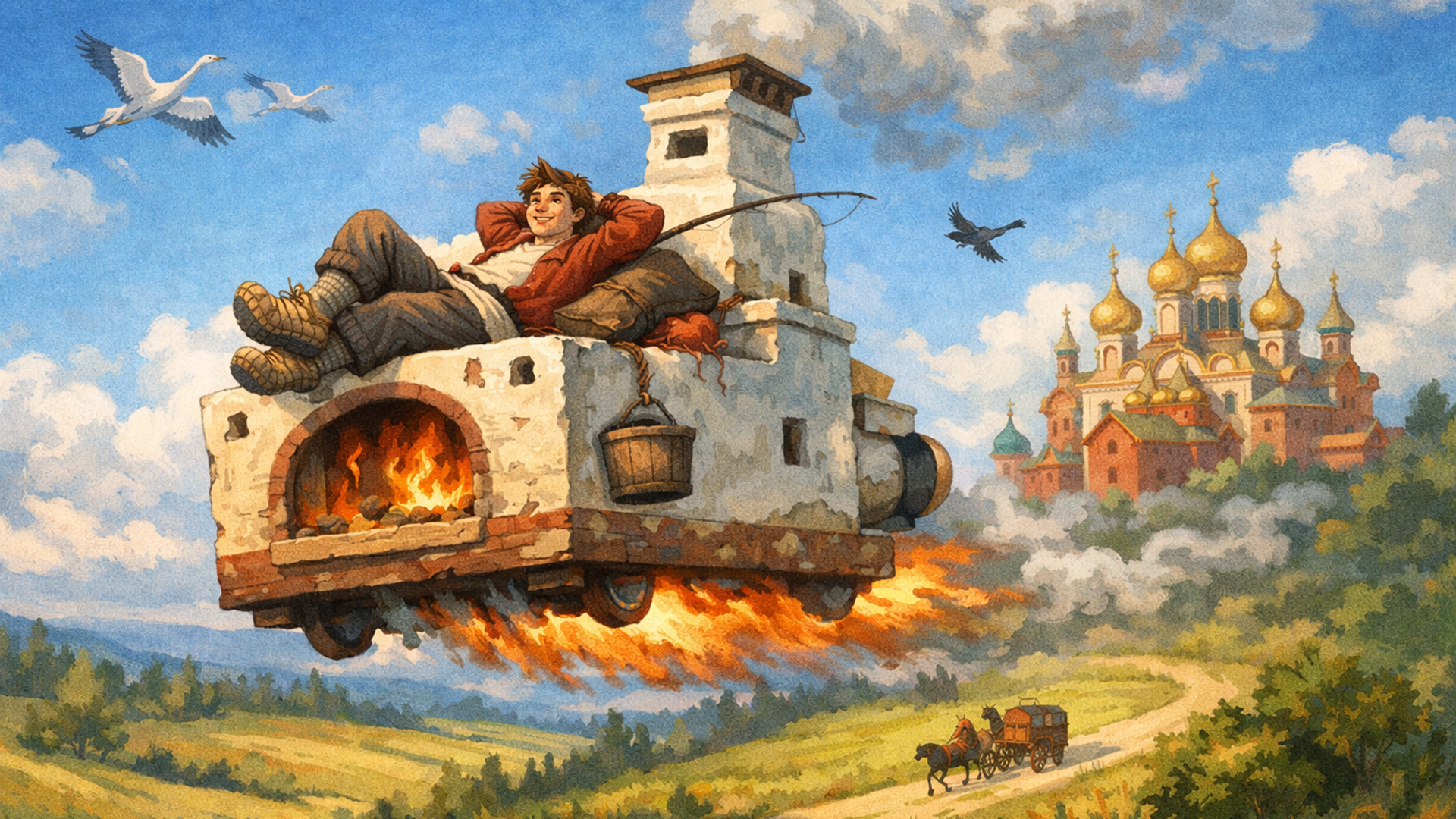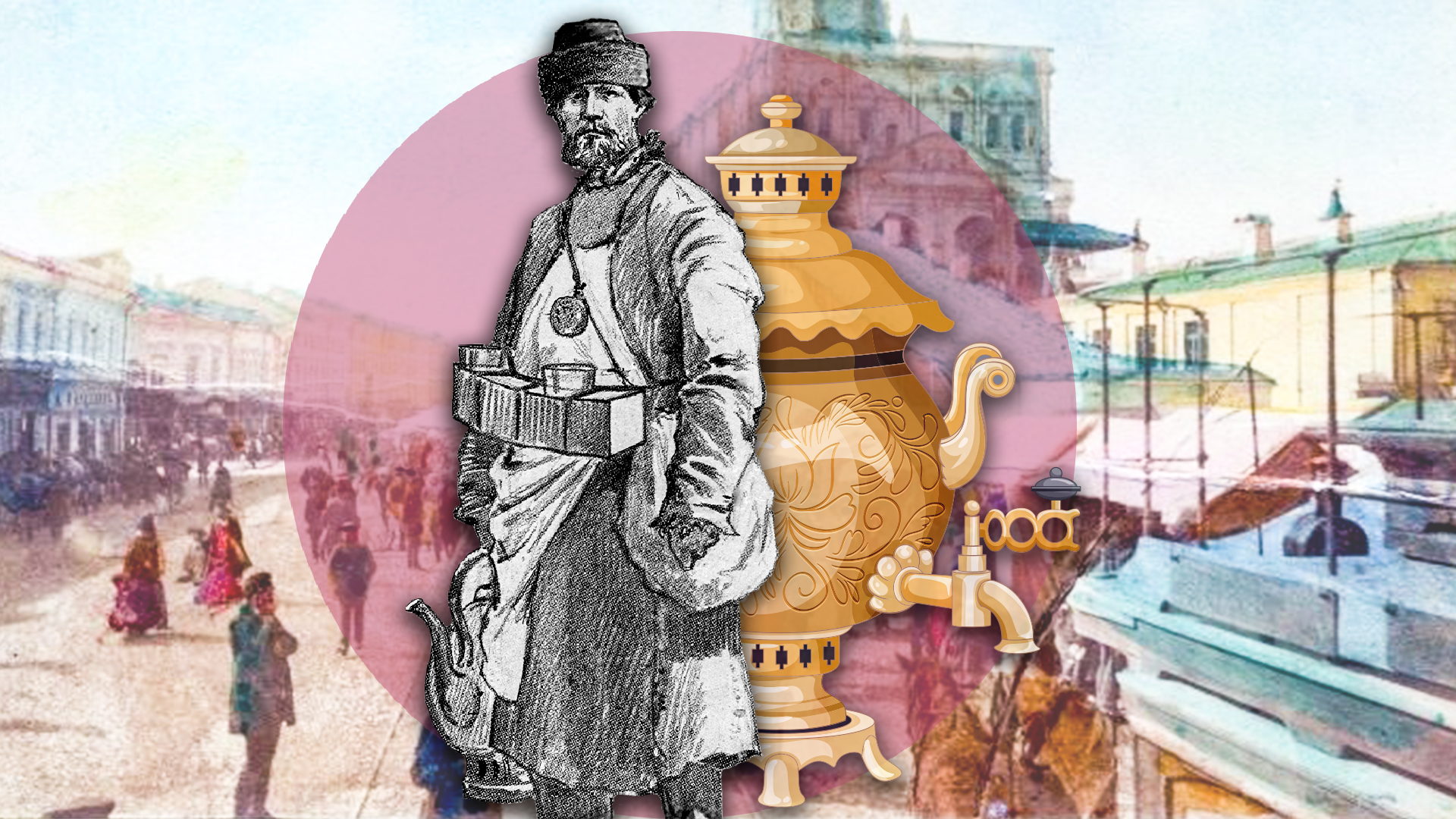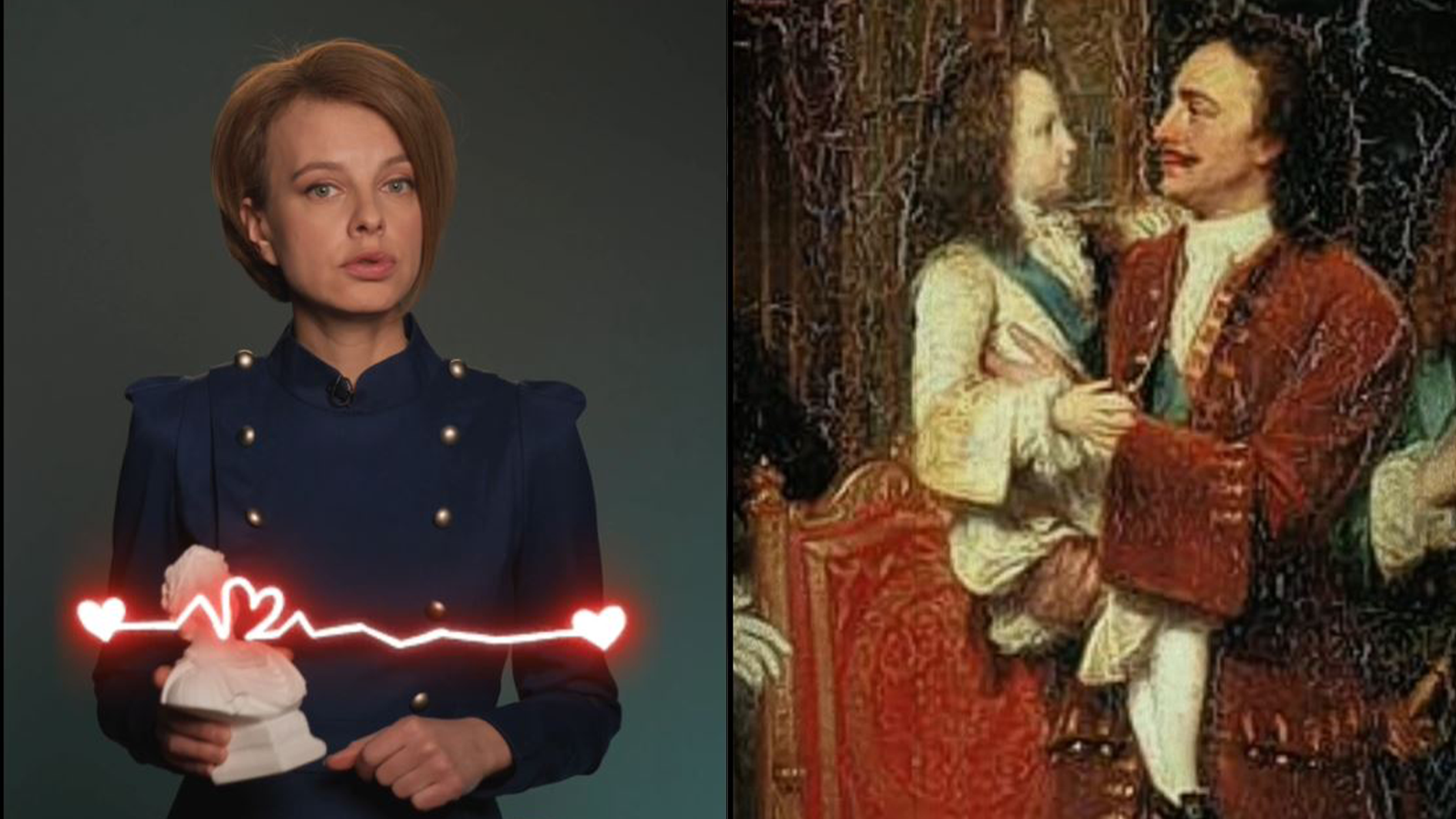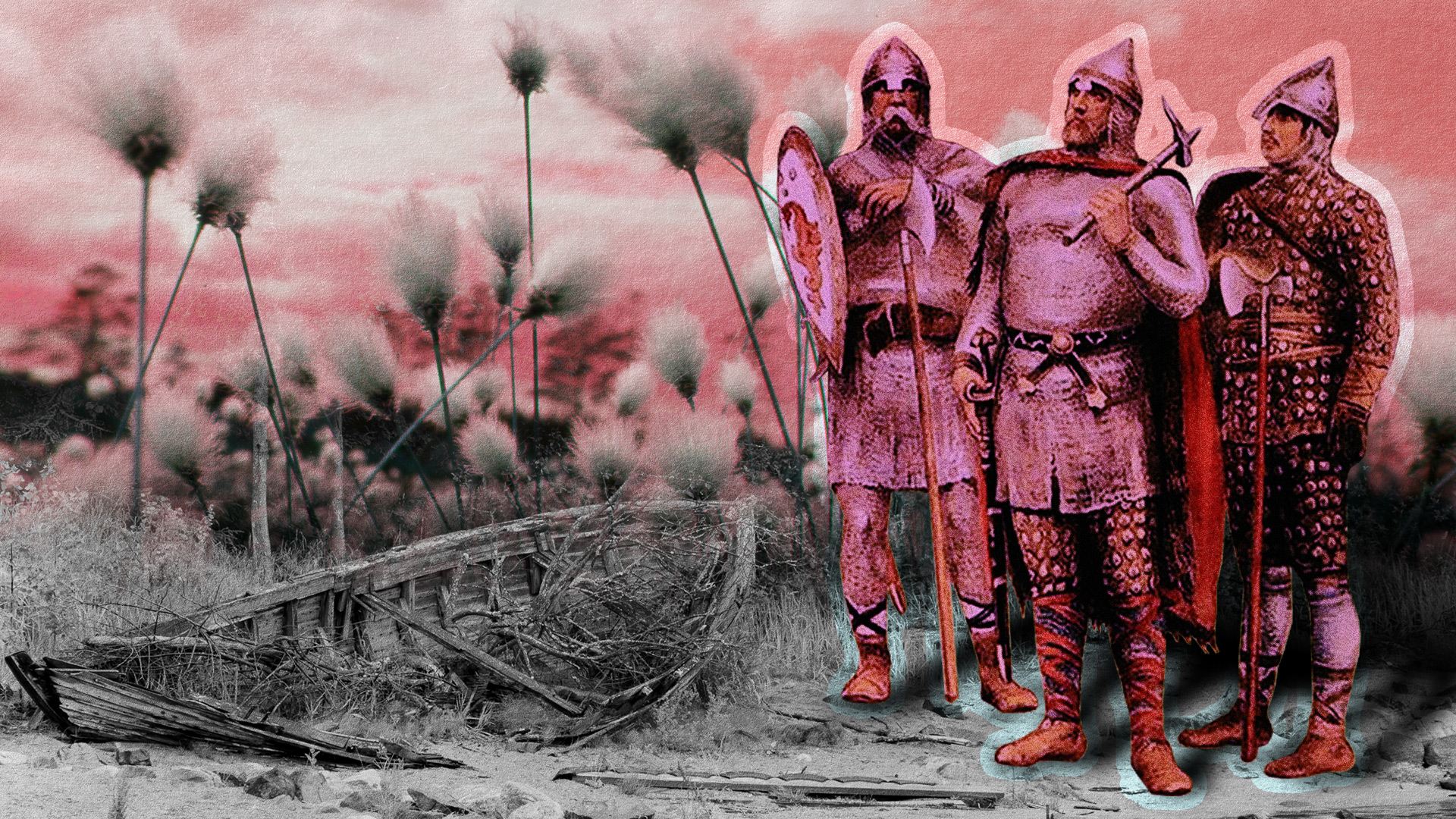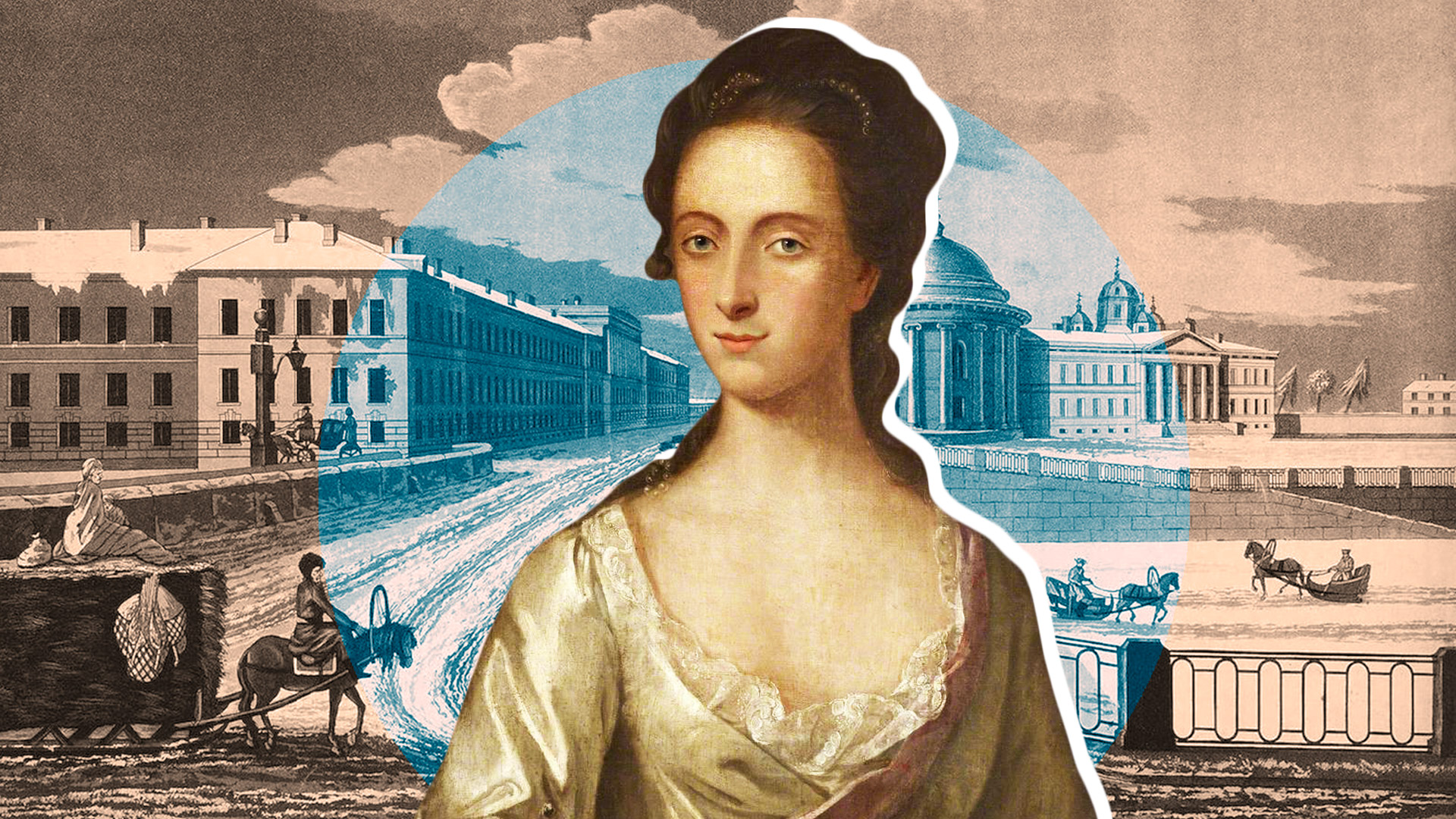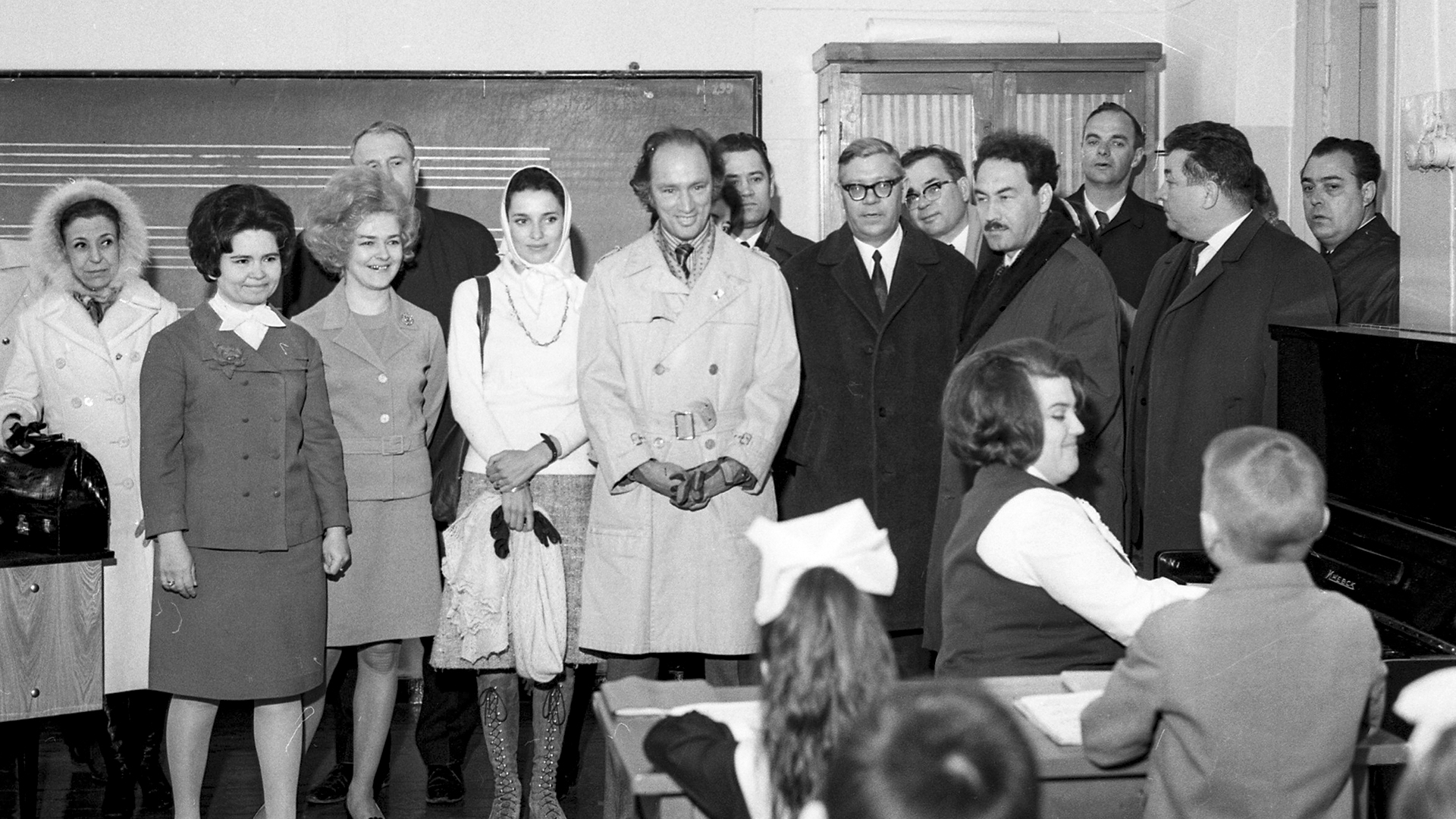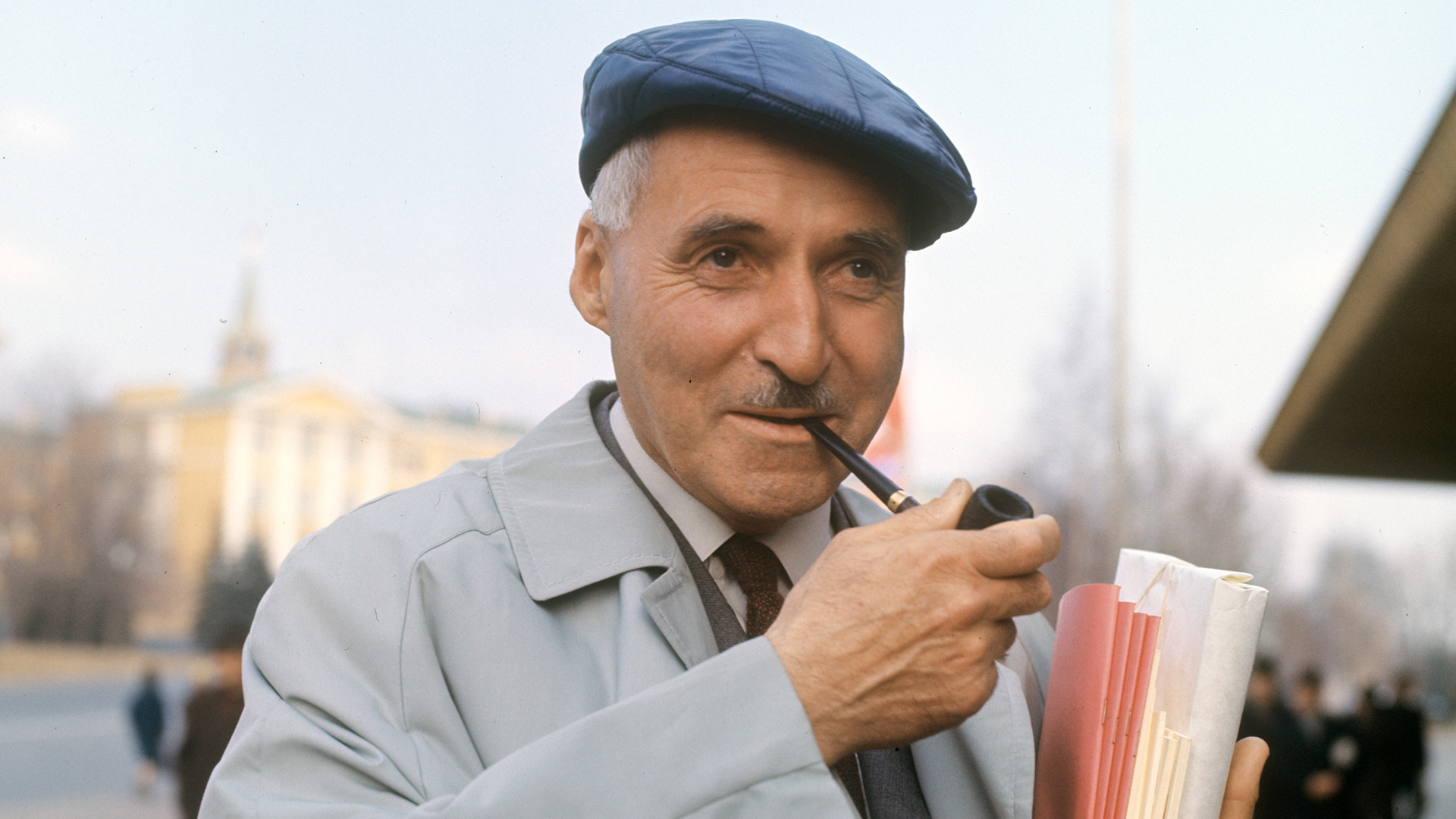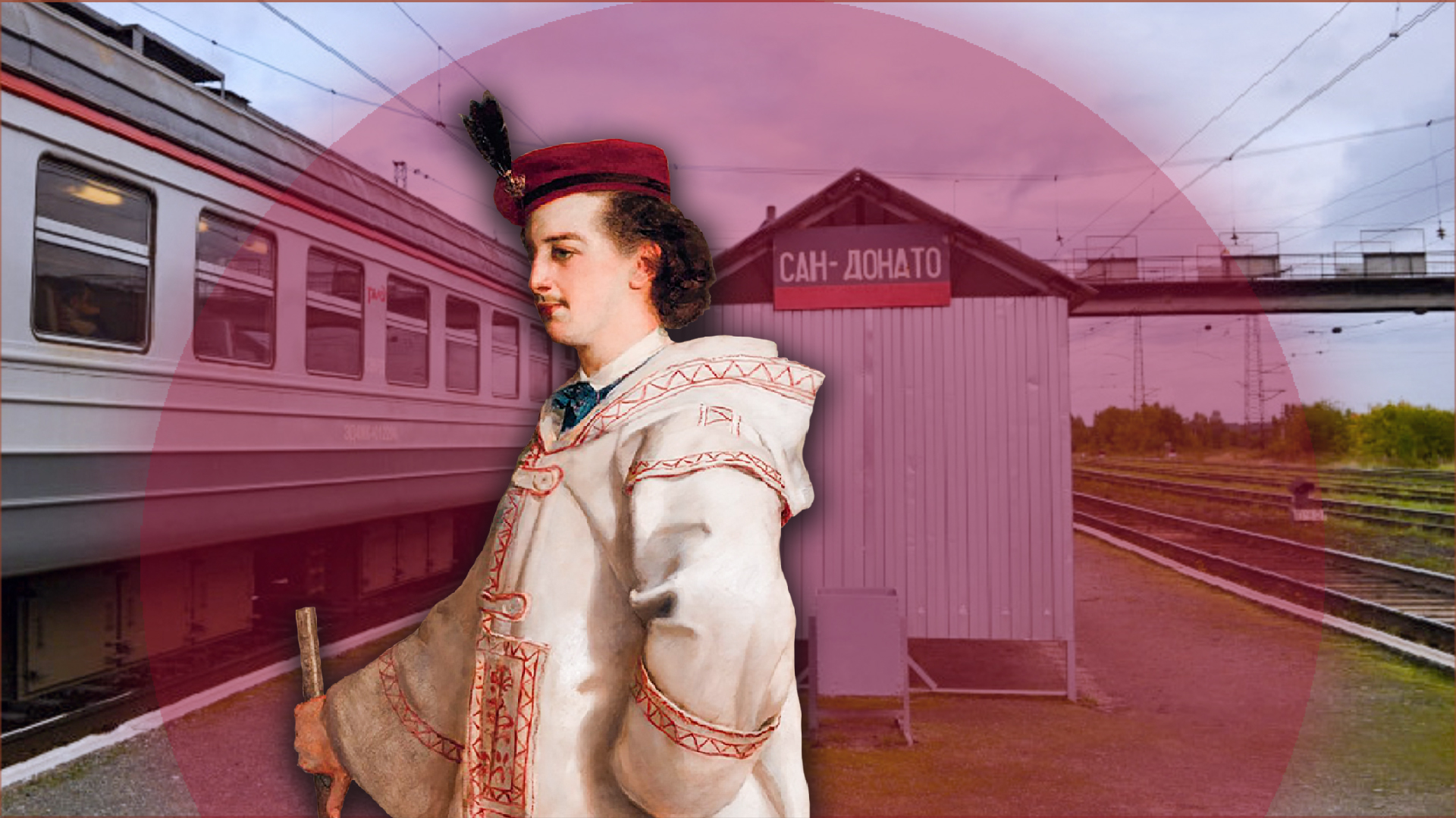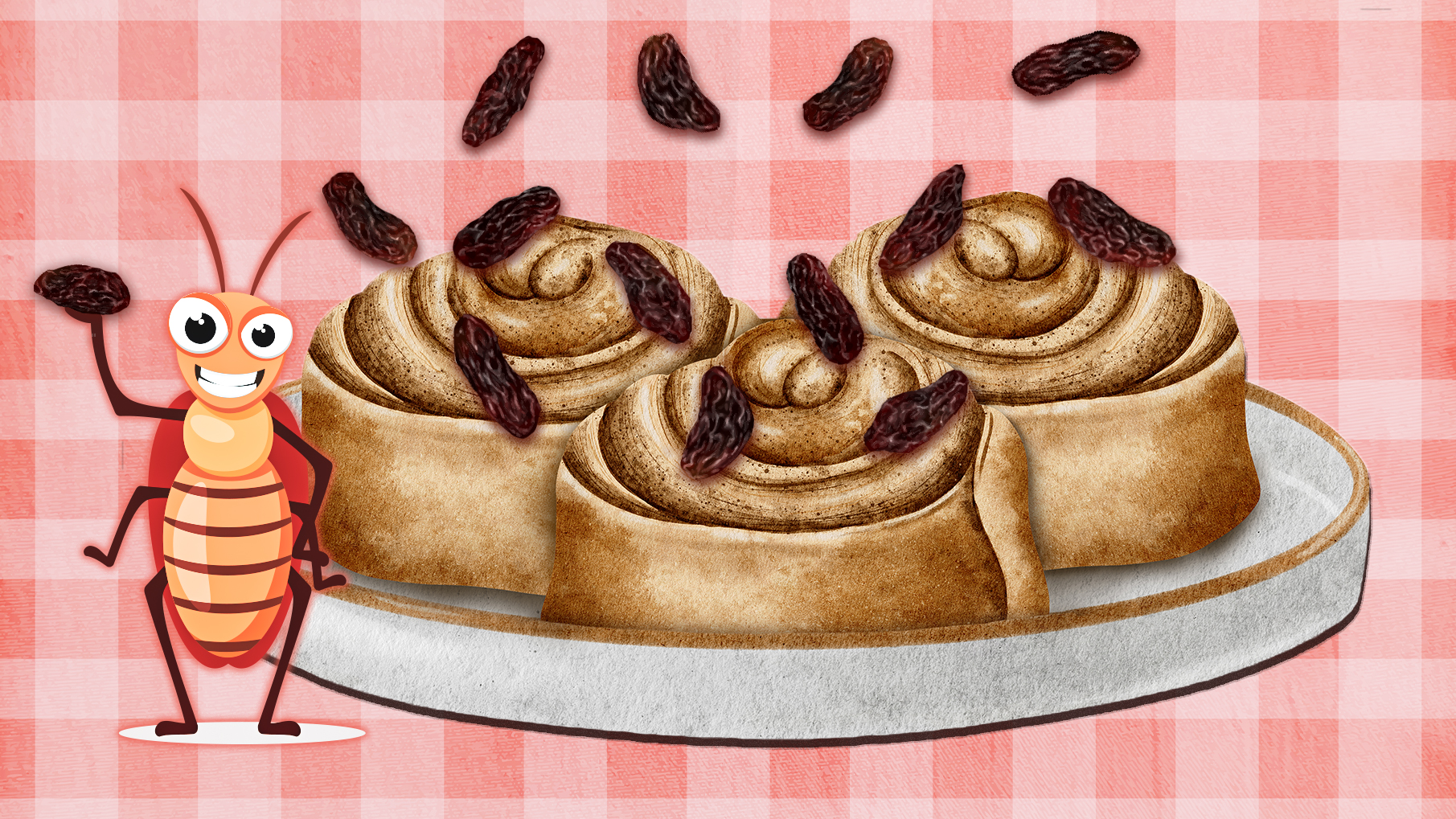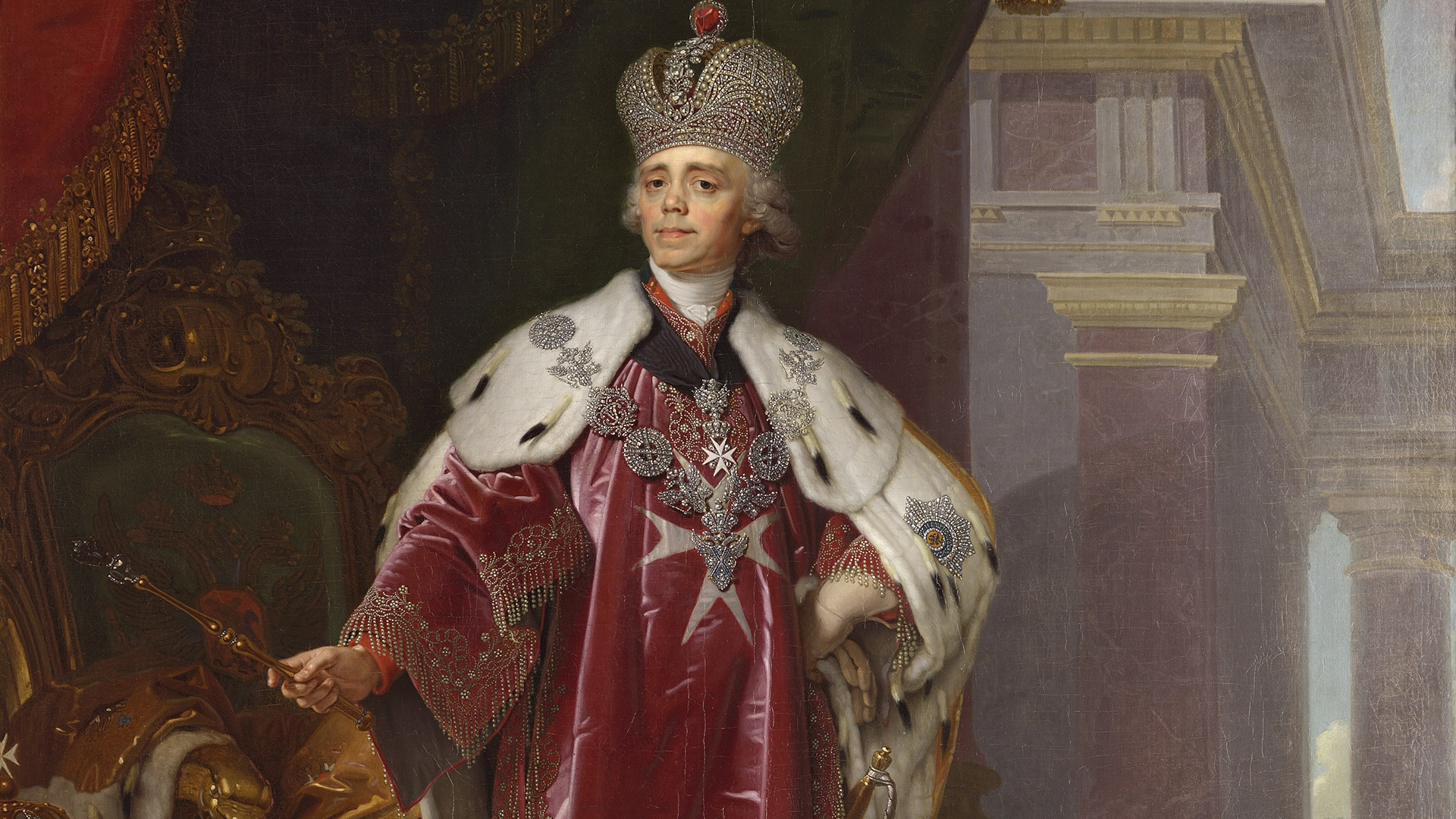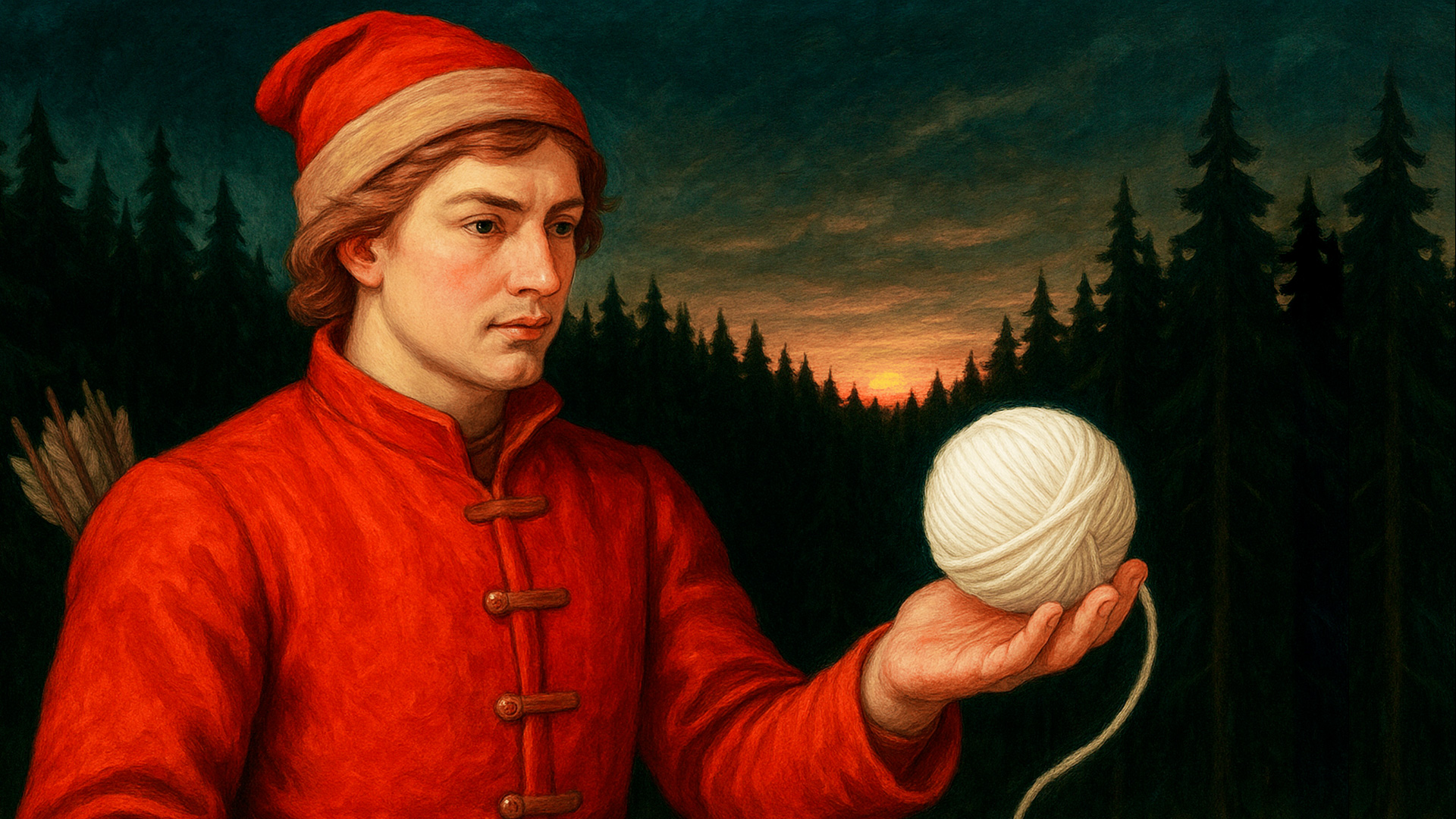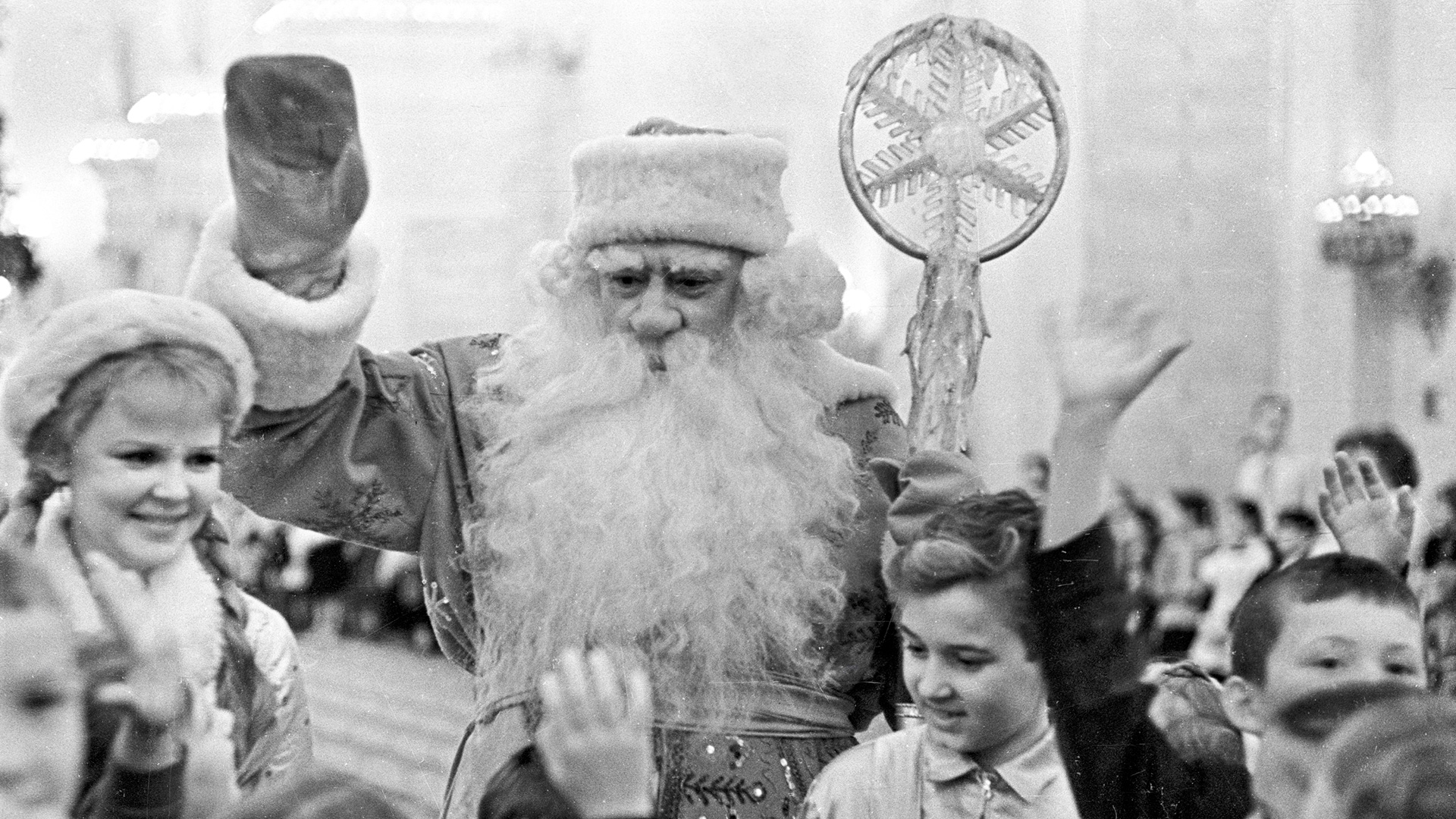
Why did Nicholas I financially support Pushkin's family after his death?
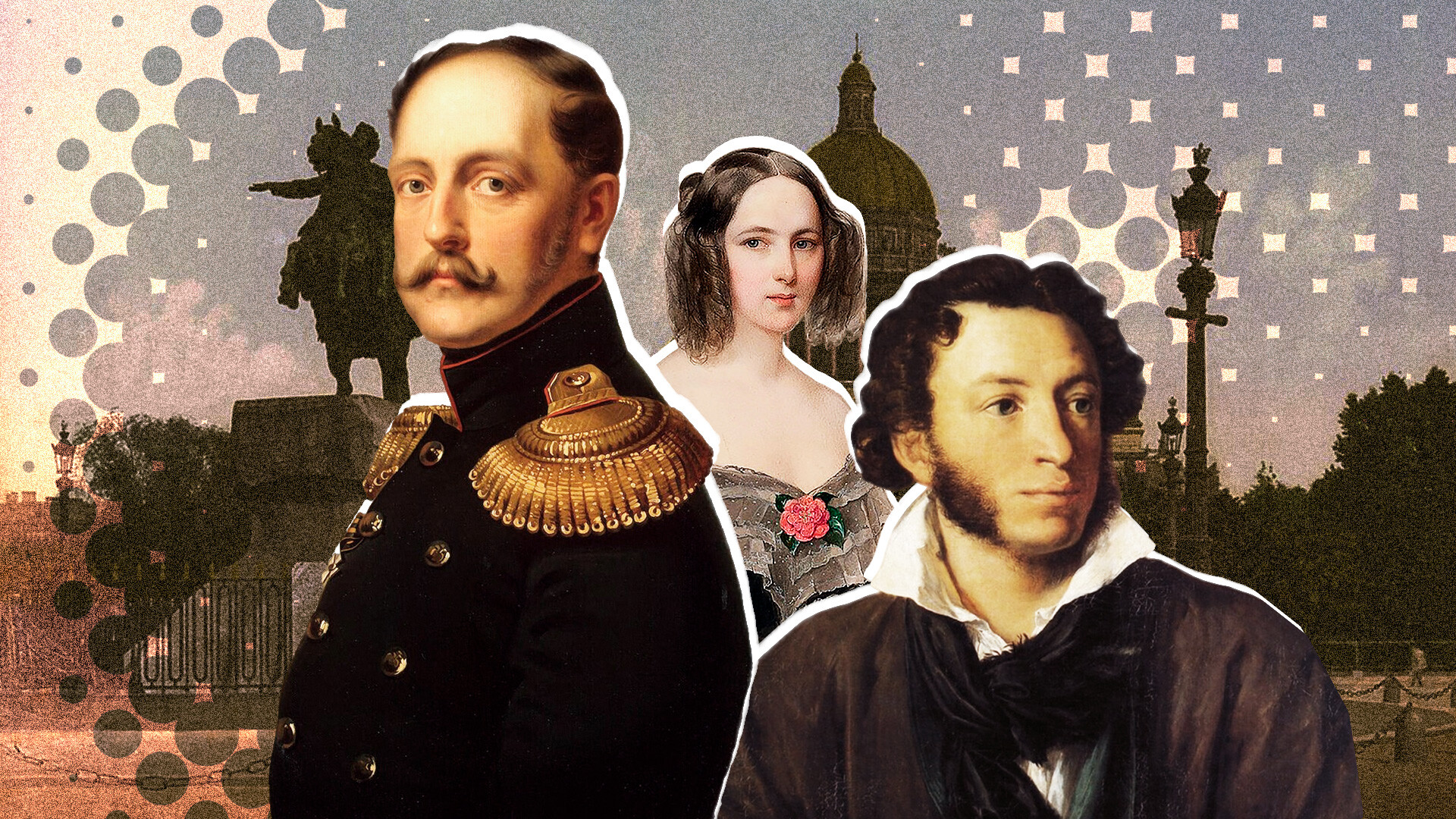
Emperor Alexander I once sent a young poet Alexander Pushkin into exile for his liberty-minded poems. But, when the new tsar, Nicholas I, sat on the throne, the poet wrote a letter to him asking to be freed and allowed to return to the capital. He promised not to express opinions that would violate public order, not to criticize the government and not to join any secret societies.
Nicholas pardoned the poet and summoned him to a private audience. Biographers believe that the tsar, who was fond of chivalry, considered the approach to the disgraced poet not just a political move, but also a generous, gracious gesture. From now on, he promised to personally read Pushkin's works before printing. The poet wrote after the meeting: “The tsar released me from censorship. He is now my censor. The benefit, of course, unfathomable.” And the tsar referred to Pushkin as “the smartest man in Russia”.
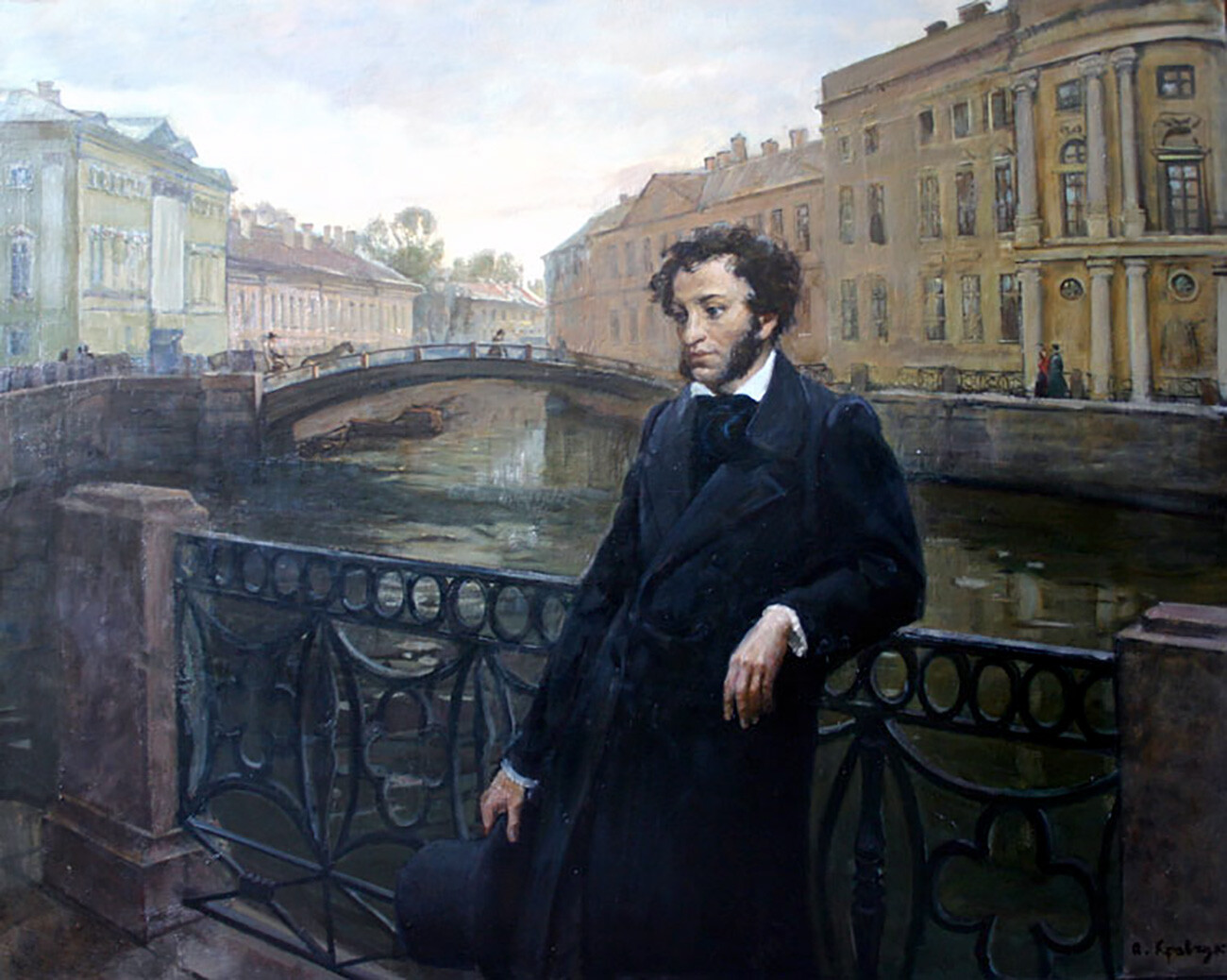 Alexander Pushkin. The Last Autumn
Alexander Pushkin. The Last Autumn
Friends condemned the poet for his friendship with the tsar, as many considered Nicholas a despot and uneducated warrior, rather than sophisticated ruler. Pushkin replied in verse: "No, I am not a flatterer / when I freely praise the tsar; / I feel free to express feelings / I speak the language of the heart!"
Later, they still had contradictions. Pushkin considered the lower court rank to which the emperor obliged him to be humiliating. They forced the poet to go to balls that were tiresome for him - and they did not allow him to leave St. Petersburg for Moscow, where Pushkin worked with the archive, for a long time. In addition, the secret police were particularly attentive to his poems: its head, Benckendorf, wrote slander against the poet to the tsar at every opportunity.
Death & secret funeral
In 1836, rumors spread throughout St. Petersburg that Pushkin's wife Natalia Goncharova was having an affair with Frenchman Georges Dantes. The impulsive Pushkin could not bear the insult and challenged Dantes to a duel. During the fight, the poet was mortally wounded and died two days later.
 Pushkin and Benkendorf
Pushkin and Benkendorf
His death was a tragedy and shock for many people in St. Petersburg, who tended to blame the authorities and secular society for what had happened. Many began to demonize the emperor himself, believing that he is almost personally responsible for the death of Pushkin. In addition, there was a rumor that Nicholas himself was partial to Natalia Goncharova.
 Pushkin's duel with Dantes
Pushkin's duel with Dantes
In order to avoid popular unrest, the emperor ordered a secret funeral for Pushkin - not in the capital, but near his Mikhailovskoye Estate in Pskov Region.
Debts & the noble gesture of the tsar
Pushkin had huge debts, both gambling debts and loans from the state treasury. The family’s financial situation was deplorable. Pushkin's friend and teacher, tutor of the tsar's children, poet Vasily Zhukovsky appealed to the emperor with a request not to leave the family in distress.
 Portrait of Emperor Nicholas I
Portrait of Emperor Nicholas I
Prior to this, Nicholas I had already, with a sweeping gesture, granted a pension to the widow of another writer, Nicholai Karamzin. So, Zhukovsky hoped for a similar favor. The tsar agreed; however, urged not to compare: “Karamzin is almost a saint, but what was Pushkin’s life?”
 Natalia Goncharova (Pushkina)
Natalia Goncharova (Pushkina)
Nevertheless, Nicholas I chivalrously paid off all of Pushkin's debts and forgave him his debts to the treasury and, in addition, allocated a huge sum to Natalia Goncharova herself. She received the widow's pension until her new marriage. The tsar assigned allowances to Pushkin's sons, as well, and then they were enrolled in the military corps for free to study. The tsar also supported Pushkin's daughters until their marriages. And Pushkin's poems and other works were also published with state money.



